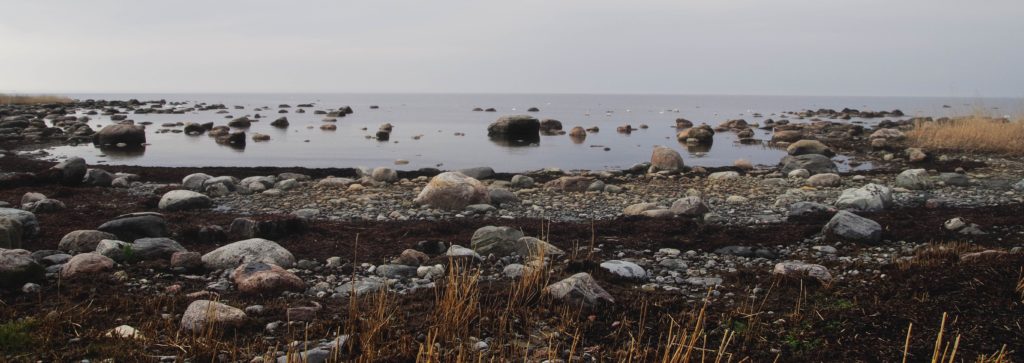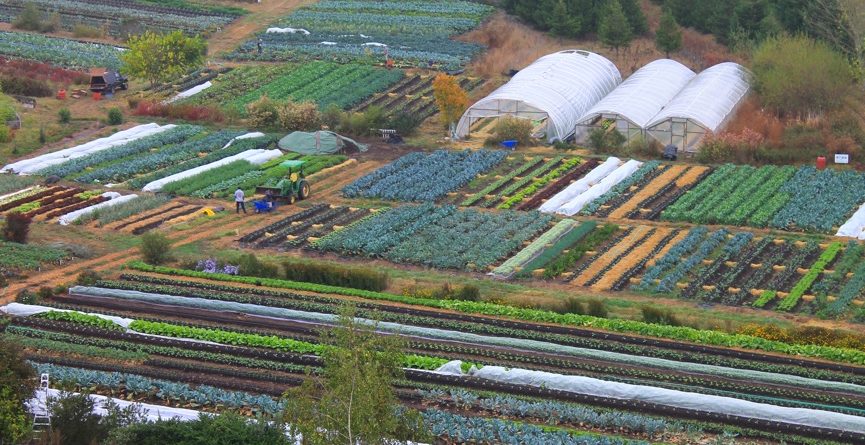 TRADITIONAL ECOLOGICAL KNOWLEDGE (T.E.K.) WORKSHOP
TRADITIONAL ECOLOGICAL KNOWLEDGE (T.E.K.) WORKSHOP
Abalone and Seaweed Traditional Ecological Knowledge: Our Original Instructions for Harvesting the Ocean
We Indigenous people have ceremonies, ancestral teachings, cultural practices and strict rules for harvesting all of our resources. Sometimes we pray and talk to our plants before collecting them, assuring them we’ll do no harm and that we’ll leave them the ability to continue their life cycles and their ability to regenerate.
Shellfish and seaweeds have been important parts of the West Coast Indigenous diet for thousands of years, but this ongoing legacy is under threat by ecosystem disruption and discriminatory harvesting regulations. Through discussion, demonstrations and hands-on activities, California Indian TEK experts will share the importance of intertidal resources to the traditional diet, to clothing manufacturing and ceremonial life. They will also discuss ways to address ongoing threats to these cultural practices. First Peoples have a saying, “When the tide is out, the table is set.” If we cannot change harvesting practices together, we will not have food on our tables.
Thursday, October 18th, 2018
Cost: $195 (includes lunch), discounts for students and educators, $5 Parking.
Location: McNears Beach Park, San Rafael, California. PLEASE NOTE: This is an offsite event, optional transportation from conference venue is provided. Please indicate if transportation is needed when registering.
 Regenerative Agriculture: Healthy Soils, Economic Justice and Climate Change Mitigation
Regenerative Agriculture: Healthy Soils, Economic Justice and Climate Change Mitigation
Agriculture has been exploiting and destroying the ecological assets — soil, water, biodiversity, and people — that are the very resources needed to produce food. It is imperative that farming systems are redesigned to mimic nature’s regenerative force if we are going to be able to feed the world in the face of the stresses and uncertainties of climate change.
Regenerative Agriculture is a system of farming principles and practices that increases biodiversity, enriches soil, improves watersheds, and enhances ecosystem services. It also increases soil carbon storage, which is both a buffer against climate change and can reduce the dangerous amount of carbon in the atmosphere.
Just as nature is constantly evolving, Regenerative Agriculture is a system of continued learning, improving and adapting to local dynamic conditions. It combines the best practices of organic farming, permaculture, holistic management and agroecology while honoring a commitment to develop just and equitable relations with all stakeholders including farmworkers.
We will spend the day at the highly productive and profitable Singing Frogs Farm, a no-till, organic vegetable operation. Regenerative agricultural practices have resulted in a quadrupling of soil organic matter and a tripling in total soil microbial life. Birds, bees and biodiversity in general have all increased.
Monday, October 22nd, 2018
Price: $195 (includes lunch)
